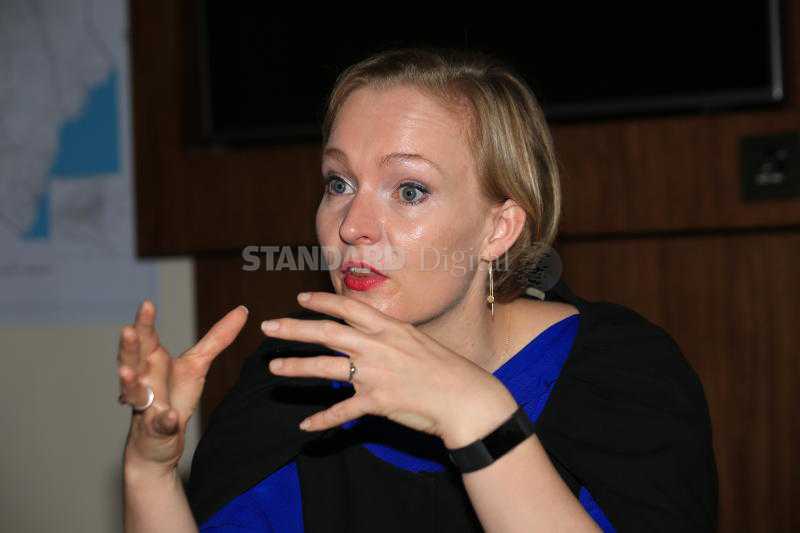×
The Standard e-Paper
Join Thousands Daily

The European Union (EU) election observation mission has called for urgent electoral reforms to secure Kenya’s future elections.
Chief Observer, Marietje Schaake, the mission has made 29 recommendations to make Kenya's elections more credible and transparent.